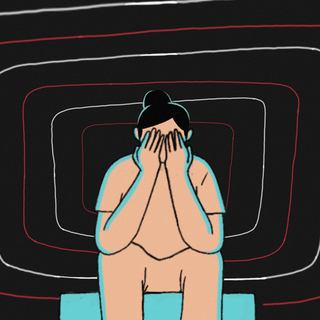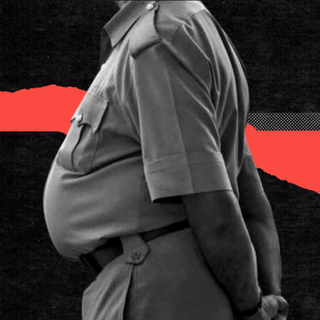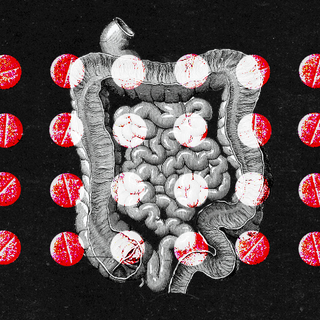The Mozart piano sonata, called the D Major K448, has cognitive benefits and even reduces seizures in people with epilepsy. Scientists may have finally understood the reason for its well-known therapeutic effect.
K448’s mystery lies in its ability to evoke anticipation. According to a new study published in Scientific Reports on Thursday, the longer piano phrases feed into a desire to listen more, which culminates expectedly, “creating a positive emotional response,” according to a new study published in Scientific Reports on Thursday.
The medical utility of Mozart’s composition has come to be understood as the “Mozart effect.” That is, listening to Mozart’s music may temporarily increase spatial reasoning skills (such as jigsaw puzzles or that particular section in IQ tests to do with visualizing objects) and have positive effects on people with epilepsy. So far, only one other piece of music (Mozart’s Piano Sonata in C Major) is known to have a similar therapeutic effect.
Epilepsy leads to repeated seizures, ranging from mild to severe. There are 10 million people with epilepsy in India alone, data shows. The treatment gap is two-fold: many people do not receive appropriate treatment, but around one-third of people with epilepsy are considered drug-resistant. The search for non-invasive treatments that do not rely on medications is thus crucial for treatment.
There’s a complex relationship between music and epilepsy. When someone experiences a seizure, a neural firing in the form of interictal epileptiform discharges (IED) is released. Think of these IEDs as biological markers of seizure frequency and impaired cognition. This is why previous research around the effect of K448 has focused on studying the release of IED in patients; the first finding dates back to 1993 when researchers found 10 minutes of listening to Mozart did more for epileptic patients than listening to relaxing words designed to lower blood pressure.
In the present study, the researchers looked at a small set of patients with epilepsy. They found that IEDs decreased after 30 seconds of listening to K448; the most significant effect was recorded in the part of the brain associated with identifying emotions.
The explanation of why Mozart’s melodies may help research more avenues of non-invasive treatments. “Our ultimate dream is to define an ‘anti-epileptic music genre and use music to improve the lives of those with epilepsy,” Robert Quon of Dartmouth College, who co-authored the study, wrote.
Related on The Swaddle:
Music From Happier Times Is Dominating Playlists Under Lockdown
Another research earlier this year found 84% of patients experienced a reduction in IEDs while listening to Mozart. “Increased numbers of [IEDs] are correlated with memory loss or reduced cognitive outcomes, and even increased seizure frequency. Therapies that can maybe reduce these spikes could have some proven benefits to patients with epilepsy,” Quon told Stat News, explaining how the patterns laid bare because of music could be further researched.
Interestingly, patients in the current study did not have any changes in brain activity when exposed to other pieces of music. Say, listening for 90 seconds to German composer Richard Wagner had no calming effect. Mozart’s music also scored much higher in its anti-epileptic effect compared to composers such as Bach, Beethoven, Chopin, and Liszt, all champions of classical music. In one case, listening to Joseph Haydn’s music led to an increase in IEDs.
With this present study, the researchers extrapolate what makes K448 effective. The piano sonata creates a recognizable melody of higher repetition, “organized by contrasting melodic themes, each with its own underlying harmony.” The familiar song structure proved to be soothing.
The Mozart effect is but one component of the role of music therapy in treating mental conditions, mood disorders, and depressive symptoms. Musical interventions have so far linked positive outcomes for people with Multiple Sclerosis, motor neuron disease, Parkinson’s Disease, and Acquired Brain dysfunctions.
History has shown music’s ability to entertain and heal. The revival of the Mozart effect could be the start.




